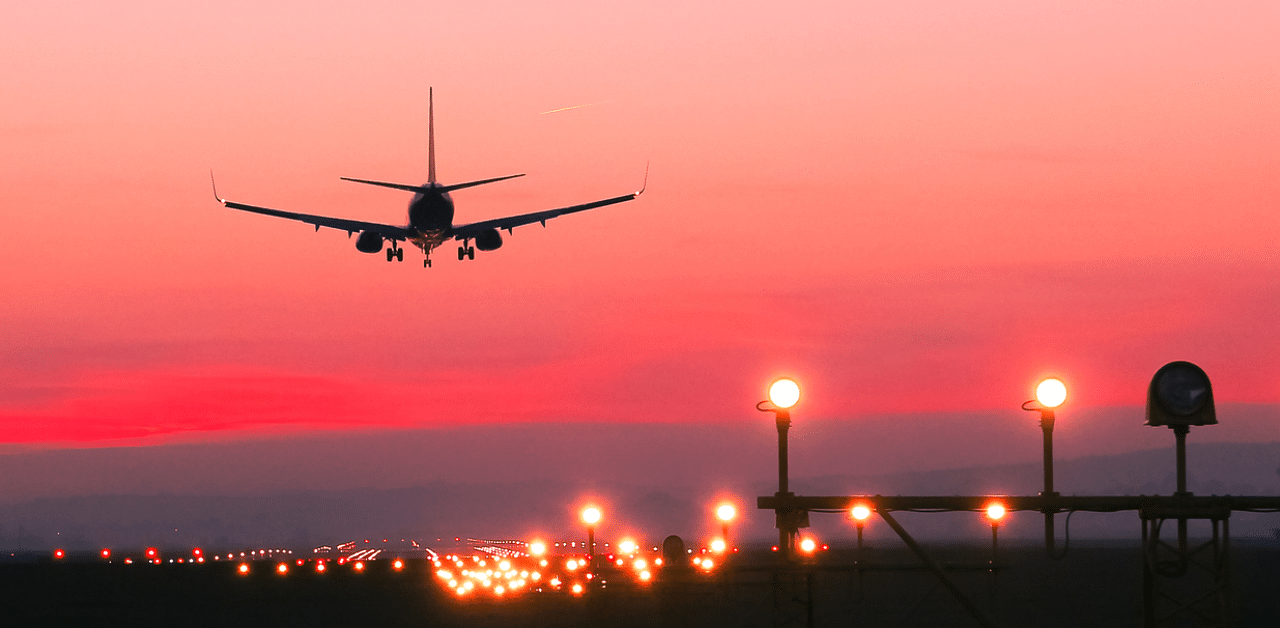
After a sixth successive hike since January, aviation turbine fuel (ATF) prices are at record highs, topping Rs 1 lakh per kl after crude oil climbed to a 14-year high of $140 per barrel last week. The latest increase was Rs 17,135.63 per kl or 18 per cent, which was the steepest ever.
In the national capital, jet fuel price went up to Rs 1,10,666.29 per kl while in Mumbai, it costs Rs 1,09,119.83 a kl and in Kolkata Rs 1,14,979.70. In Chennai, the fuel rate is Rs 1,14,133.73 per kl. Price has been hiked by almost 50 per cent or Rs 36,643.88 per kl since January.
Let's try to understand what this means for airlines and more importantly, air fares.
Tickets to get costlier?
The first impact of an upward revision of ATF prices can be expected on air fares, especially on popular routes to tier-1 cities that have started to see demand as Covid-19 has been settling down across the country.
Regional routes are also expected to bear the brunt of this as they continue to struggle with traffic lower than pre-Covid levels.
Air fares in India are regulated by the Ministry of Civil Aviation for a 15-day period, but airlines are free to set ticket prices beyond that. Therefore, it can be expected that airlines could pass on this additional cost to the flyers.
That being said, it was reported earlier this month that despite the rising ATF prices, the airlines may not hike the prices for customers so as to preserve the recovery being seen in passenger traffic. A report quoted an industry source as saying that since Indian passengers are price sensitive, airlines may not be able to increase the prices steeply.
"With reopening of scheduled commercial aviation to and from India, air capacity constraints will see relief and with it, a corresponding rationalisation in airfares. Due to the impact of ATF, as against an overall reduction, our expectation is that airfares will remain constant; we do not foresee an increase in airfares," Indiver Rastogi, President, Global Business Travel at Thomas Cook (India) told DH.
How will this impact the airlines' balance sheets?
This move will stress the aviation sector, which is already reeling from the bottomed-out air traffic due to multiple pandemic waves and is struggling to keep the costs down.
ATF prices are revised on the 1st and 16th of every month based on the average international price of benchmark fuel in the preceding fortnight. Jet fuel makes up almost two-fifth of the running cost of an airline. The rising costs will also affect their ability to give discounts or add new flight routes.
A senior official of a domestic airline told Moneycontrol that Indian carriers spend much more on ATF as compared to international players. Due to high ATF costs, the balance sheets of airlines will get weaker by the end of FY23.
Check out DH's latest videos